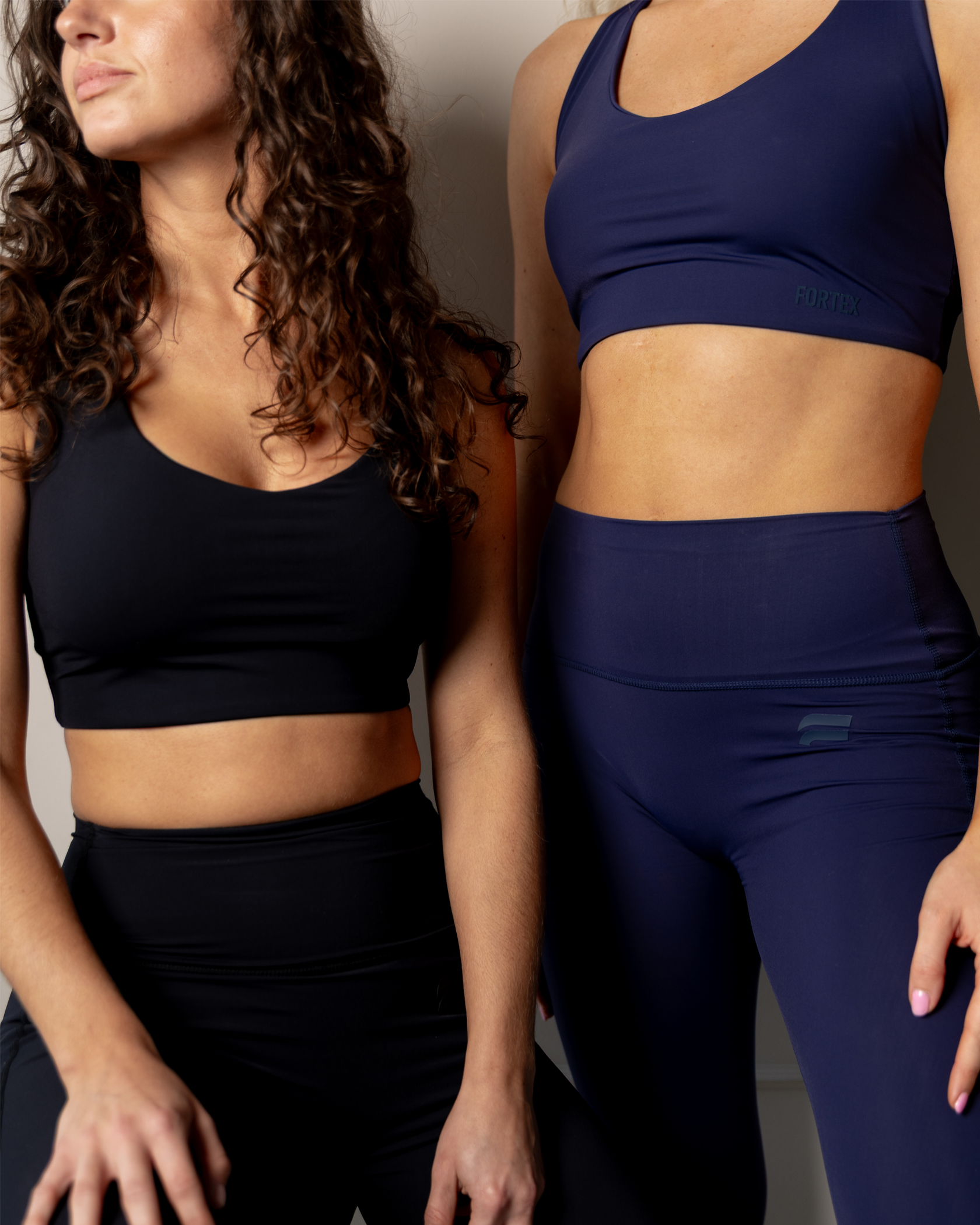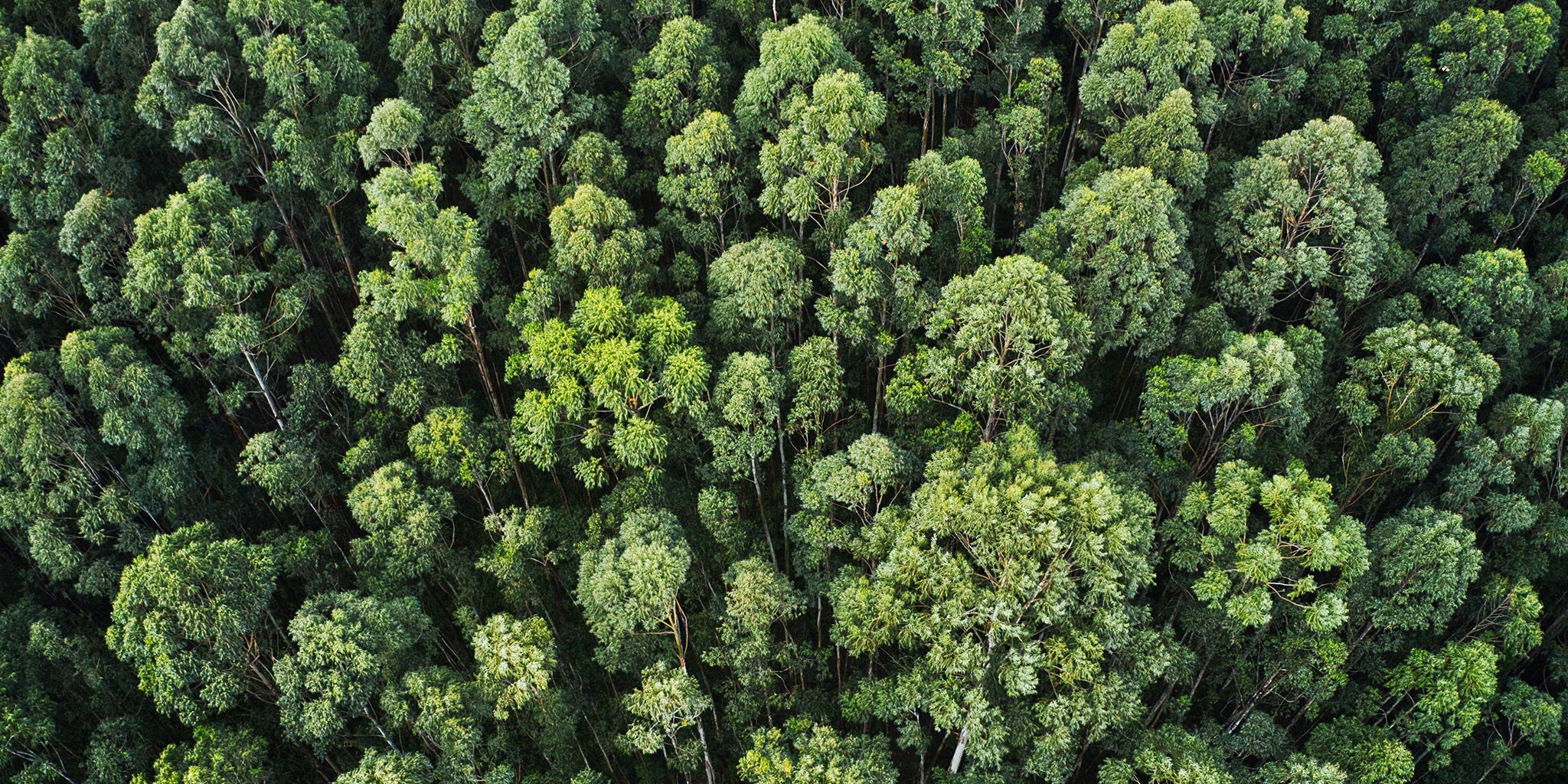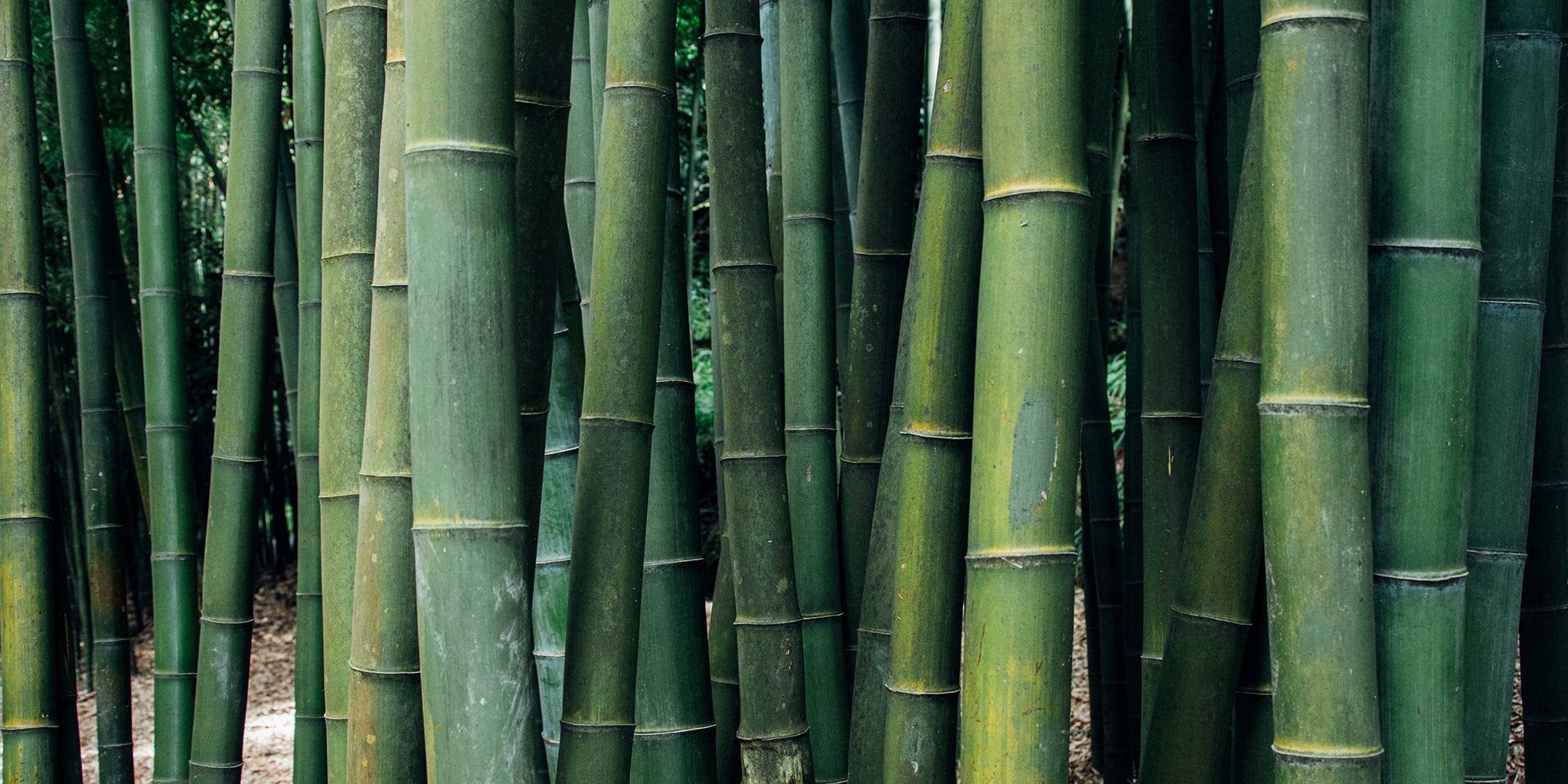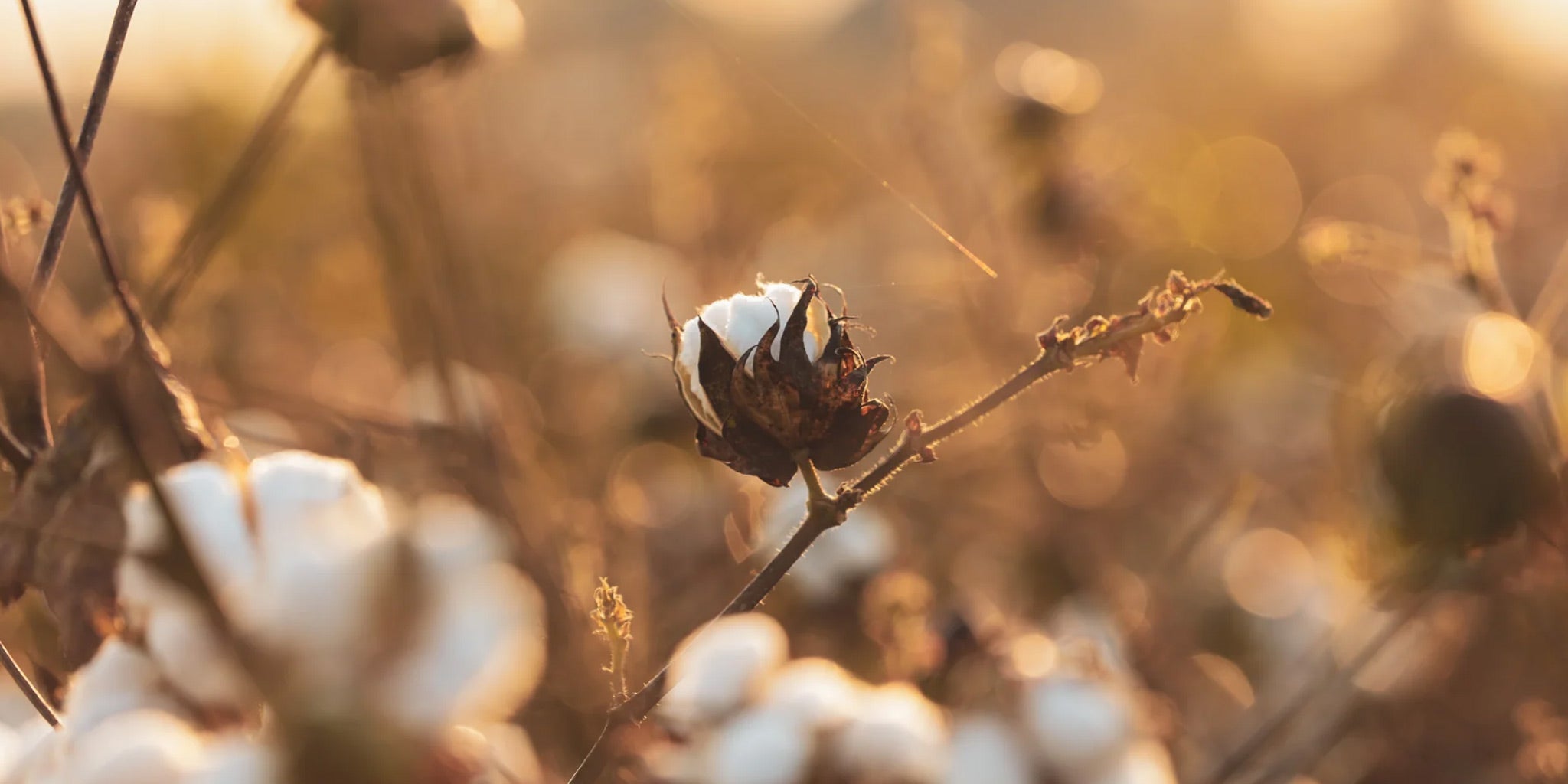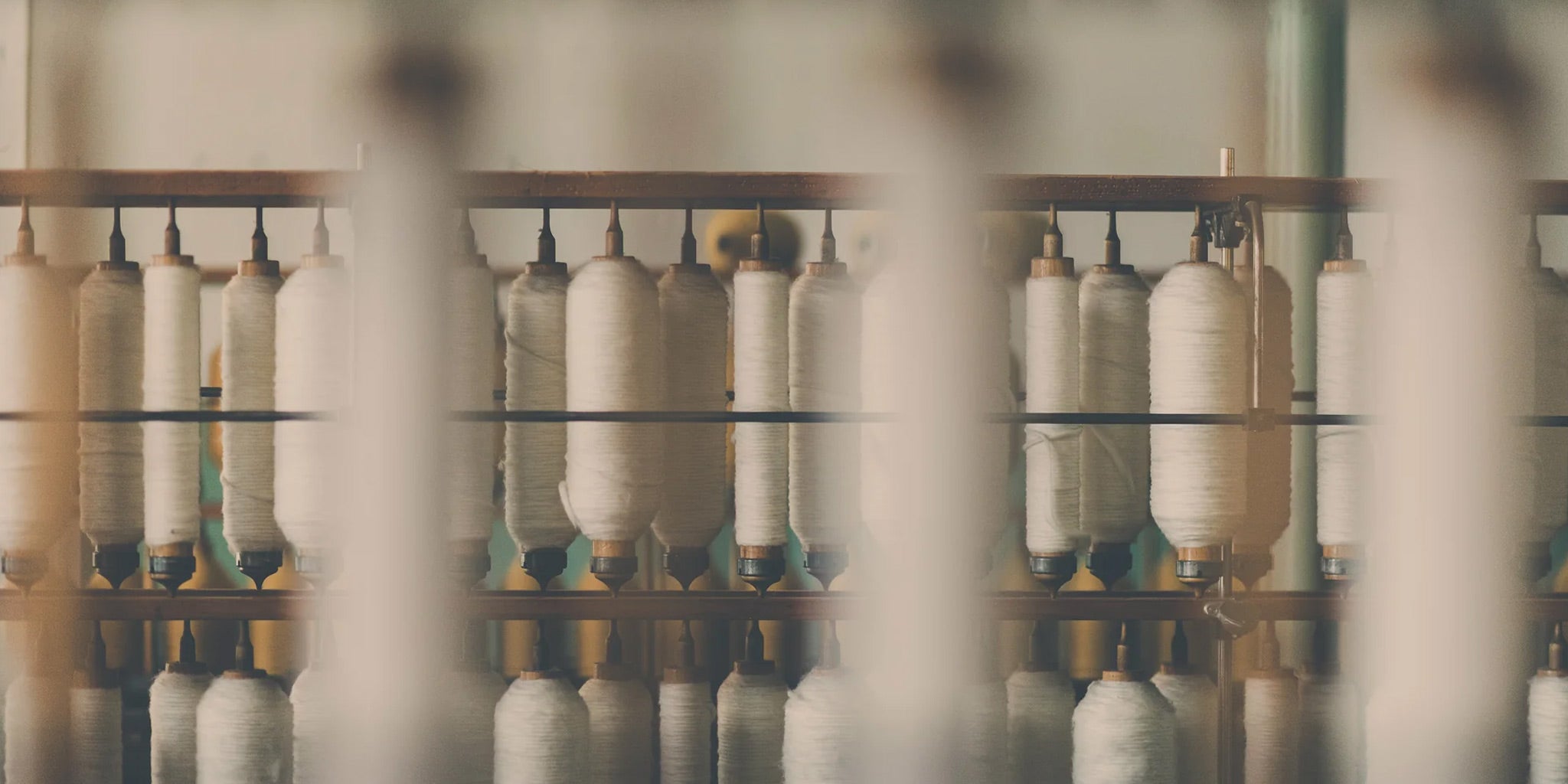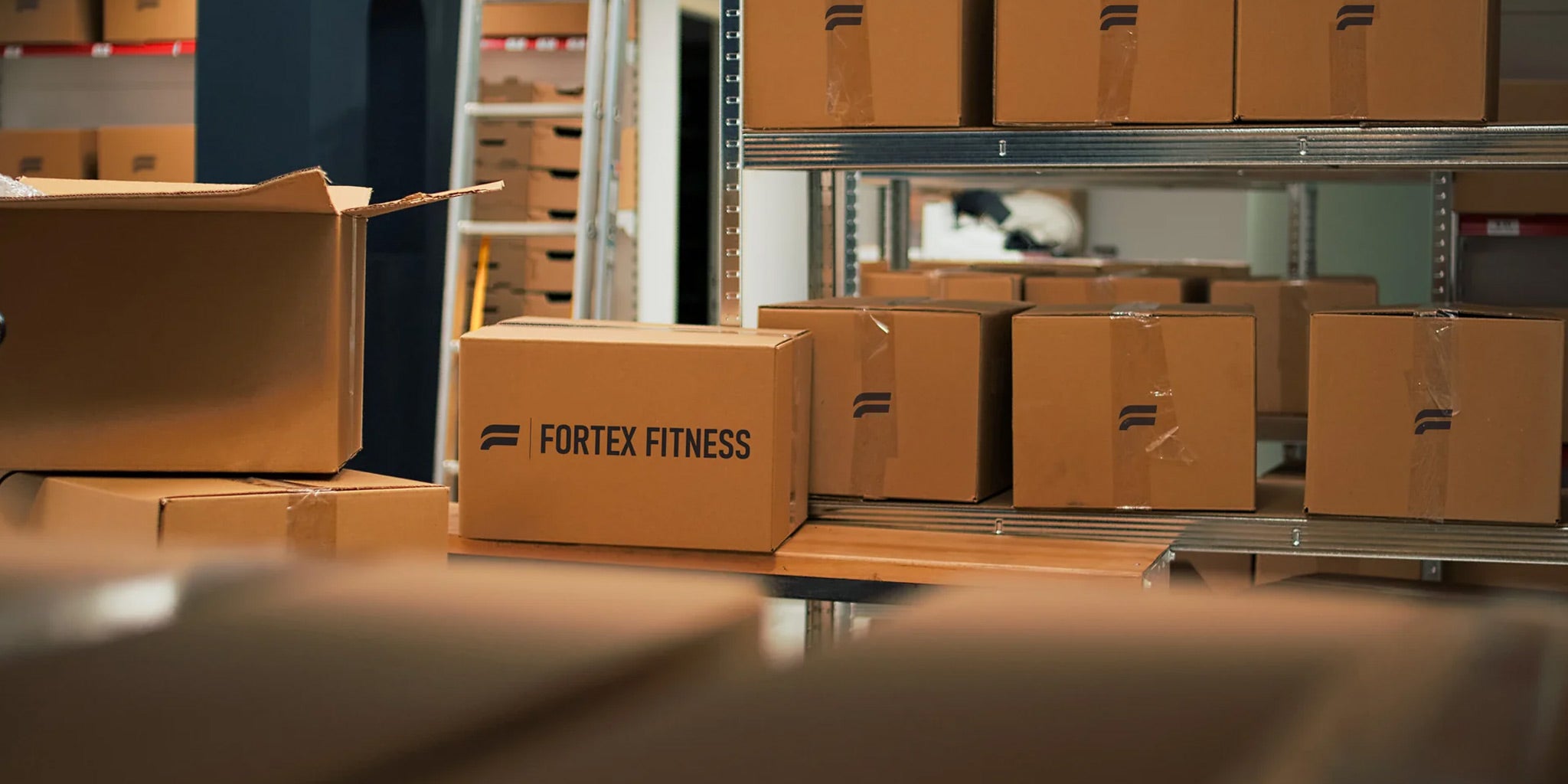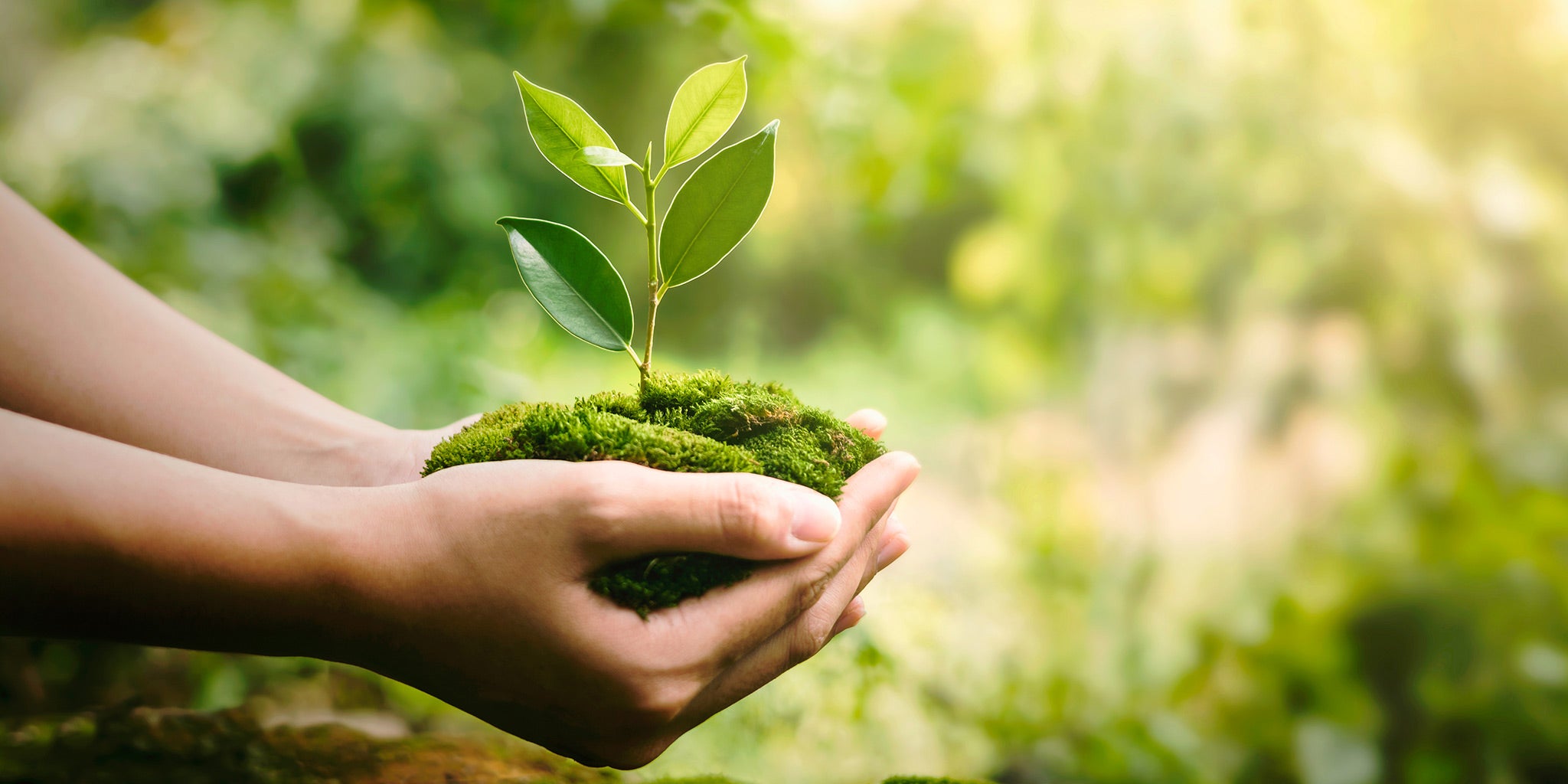Sustainable and honest
At Fortex Fitness we want to minimize the impact we have on the environment. With every new product we look for options to reduce our ecological footprint keeping eye on all aspects, from material and packaging to transport.
Bamboo grows extremely fast and is naturally resistant to bacteria and fungi, so no pesticides or insecticides are needed during growth. The bamboo species used in textiles can grow up to one meter per day and this without the use of fertilizer. Because bamboo grows quickly, relatively little surface area is needed to produce a lot of bamboo. When the bamboo is harvested, only the stems of the bamboo are harvested and the roots remain in the ground. This means that the bamboo plant grows all year round and does not need to be sown again. Bamboo grows best in a warm and humid climate and requires little additional water to grow compared to normal cotton.
Most of our products that contain bamboo have the Tanboocel™ bamboo viscose fabric. This fabric is not only extremely soft and comfortable to wear, but also environmentally friendly. The production process of the Tanboocel™ bamboo is a closed-loop process, which means that all water and chemicals used during production are recycled in some form. Tanboocel™ is FSC® certified and obtains bamboo from a forest that is also FSC® certified. The harvesting process is carefully managed to avoid negative impacts on overall forest well-being. The Tanboocel™ production facility also has STeP by OEKO-TEX® certification, which includes a comprehensive analysis and assessment of all production conditions, including health protection and occupational safety.
We are constantly looking for better options. Products that do not currently have the Tanboocel™ bamboo are under review and we are looking for ways to improve this.
Our products contain cotton to ensure the quality and lifespan. The combination of bamboo and organic cotton makes sure your items last longer and keeps its structure throughout your workout. All of the cotton used is organic cotton.
Organic cotton is grown without the use of pesticides from seeds that have not been genetically modified. Since there are no chemicals used, the cotton has a softer touch and limits the soil erosion on the farming land. This means the soil stays fertile much longer than soil that has been burdened with the constant use of pesticides. Not using pesticides is also much better for the health of the workers, ensuring they can live in healthier conditions compared to conventional cotton.
Our products are made in Turkey and Portugal. Staying close to our warehouse in the Netherlands ensures lower fuel emissions due to short transport times and distances.
To ensure sustainable production, we only work with factories that have regular audits by different entities such as Sedex and Amfori BSCI. Currently all our manufacturers also hold GOTS, OEKO-TEX 100 and multiple standards issued by ControlUnion for each shipment of raw material.
All our products have hangtags made from recycled cardboard which are attached with loops made from recycled plastic. After production each item is carefully packed in a bag made from 100% recycled plastic. No new raw materials are used to make sure your new items are safe during transport and storage.
Our Earth needs more trees. To combat climate change and increase biodiversity, we must protect our current forests, restore lost forests and plant new ones. It is therefore high time to take action.
By becoming a proud member of Regreener we contribute to their mission to create more forests worldwide, whilst also reducing our own carbon footprint. As our company grows, we pledge to contribute monthly donations towards Regreener and join them in their environmental efforts to combat climate change and increase biodiversity.
Glossary and Certificates
- Tanboocel™: Tanboocel™ Bamboo fiber is naturally antibacterial and bacteriostatic, very soft and breathable. Tanboocel™ Bamboo fiber is produced by extracting cellulose from bamboo canes, which are a very low-impact type of plant because they grow quickly and do not need intensive use of chemicals to be protected from insects and bugs.
- FSC®: FSC forest management certification confirms that the forest is being managed in a way that preserves biological diversity and benefits the lives of local people and workers, while ensuring it sustains economic viability. FSC-certified forests are managed to strict environmental, social and economic standards.
- STeP by OEKO-TEX®: OEKO-TEX® STeP stands for Sustainable Textile & Leather Production and is a modular certification system for production facilities in the textile and leather industry. The goal of STeP is to implement environmentally friendly production processes in the long term, to improve health and safety and to promote socially responsible working conditions at production sites. The target groups for STeP certification are textile and leather manufacturers as well as brands and retailers.
- Sedex: Sedex is a not-for-profit organisation that aims to improve ethical and responsible business practices in global supply chains. Sedex stands for Supplier Ethical Data Exchange, which is an online system that allows suppliers to maintain data on ethical & responsible practices and allows them to share this information with their customers.
- Amfori BSCI: The amfori Business Social Compliance Initiative (BSCI) is an industry-driven movement that aims to monitor and assess workplace standards across the global supply chain. There is growing expectation that companies not only ensure their own businesses are responsible, but that their suppliers are also demonstrating social responsibility. A amfori BSCI audit helps a business monitor its supply chain to ensure that all suppliers are treating workers ethically and legally.
- GOTS: The Global Organic Textile Standard (GOTS) has a clearly defined set of criteria and is transparent. GOTS is the worldwide leading textile processing standard for organic fibres, including ecological and social criteria, backed up by independent certification of the entire textile supply chain.
- OEKO-TEX 100: Toxins on some textiles can harm your health through breathing, skin contact and saliva. STANDARD 100 by OEKO-TEX® certified products have been tested for harmful substances to protect your health. This label certifies that every component of the product, from the fabric to the thread and accessories, has been rigorously tested against a list of up to 350 toxic chemicals. Since 1992, STANDARD 100 by OEKO-TEX® has been the world's best-known label for textile safety. To stay ahead of changes in materials, technologies and scientific data, OEKO-TEX® regularly updates its strict standards and methods.

